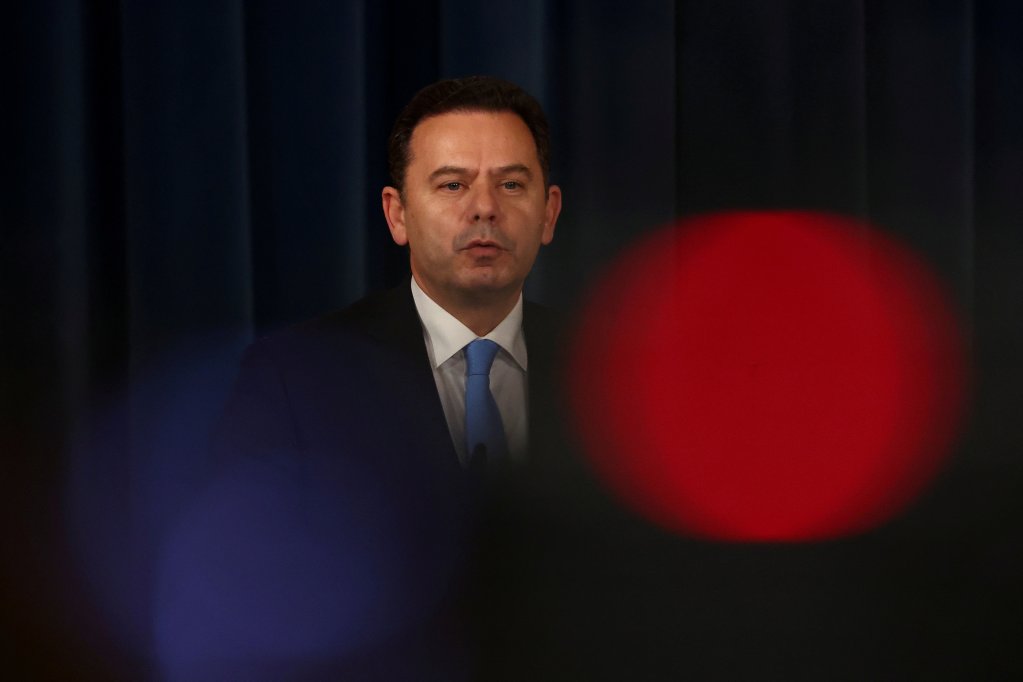Portugal has passed a bill designed to tighten immigration with the support of the far right. The biggest change affecting all migrants to Portugal are changes to family reunification. The law is yet to be fully ratified but is expected to be given presidential assent.
Following months of heated debates in parliament, the controversial draft law by the conservative government of Prime Minister Luis Montenegro was eventually approved, with support from right-wing populist Chega (Enough) party, while the social-democratic Socialist Party (PS) and other left-wing groups voted against it.
Above all, the new law will make family reunification more difficult for migrants arriving in Portugal in the future.
Among other things, the reform also stipulates that only highly qualified individuals will be eligible to get work visas in the country.
The law also provides for the creation of a new police unit to combat irregular immigration, with powers to deport migrants without residence permits.
Finally, Brazilian nationals, who currently make up the single largest immigrant group to Portugal, will no longer be given residence status immediately upon their arrival in the country.
Portugal's government spokesman, Antonio Leitao Amaro, has previously said the reform was necessary in order to "control and regulate" immigration to the country and also "enable integration with humanity."

Read AlsoPortuguese police arrest immigration fraud suspects
Failure during the first attempt
In the course of recent months, the Portuguese parliament had approved an initial version of the law already, which is intended to regulate "the entry, stay, exit, and deportation of foreigners."
However, some aspects of the proposed legislation had to be reviewed by the Constitutional Court at the request of President Marcelo Rebelo de Sousa and were found to be unconstitutional.
Read AlsoPortugal tightens immigration restrictions further
Among the objections found by the top court were restrictions on access to due process as well as a two-year ban on family reunification for any newly arriving migrant or refugee.
Prior to the tabling of the law, there had been no such minimum waiting period under Portuguese law to reunite families.
In the adopted version, this period was shortened to one year in the case of married couples, and the wait period requirement will be waived entirely for minor children.
Read AlsoPortugal: Debate over migration continues in the courts
Further immigration laws yet to be tabled
Further amendments to the law, which had been suggested by various parties meanwhile, were dropped.
For example, the leader of the Chega Party, Andre Ventura, had initially demanded that migrants pay into the Portuguese social security system for at least five years before they can qualify for social benefits.
However, in order to get the law passed in its adopted form, Ventura dropped this condition for now, reaching a separate agreement with Prime Minister Montenegro's Social Democrats to later introduce a separate bill on migrants' rights to access social benefits.
Government plans also to raise barriers to acquiring Portuguese citizenship are still under ongoing discussions; Portugal is known across the EU as one of the easier countries for citizenship — but only for people who are willing to invest locally.
Read AlsoMigrants in Portugal struggle to cope amid housing crisis
Law almost certain to come into force
Even in its current, watered-down version, the law has attracted some criticism, with Andreia Galvao, a member of parliament from the Left Bloc, saying that it was a "cruel law targeting foreigners" which had the intention of separating fathers from their children and wives.
As a next step, the law will now go back to President Rebelo de Sousa, who will have eight days to either sign it or to present it to the Constitutional Court for further amendment again.
However, since the parliamentary lawmakers adopted the version of the law which had already been approved by the judges without adding any changes to it, it is expected that the law will soon come into force.
Read AlsoSyrian refugees are cooking up a storm in Lisbon
with dpa, AFP
